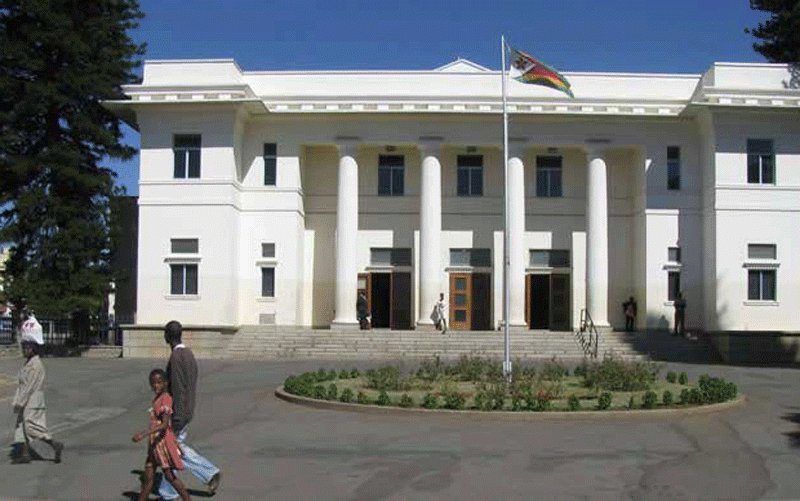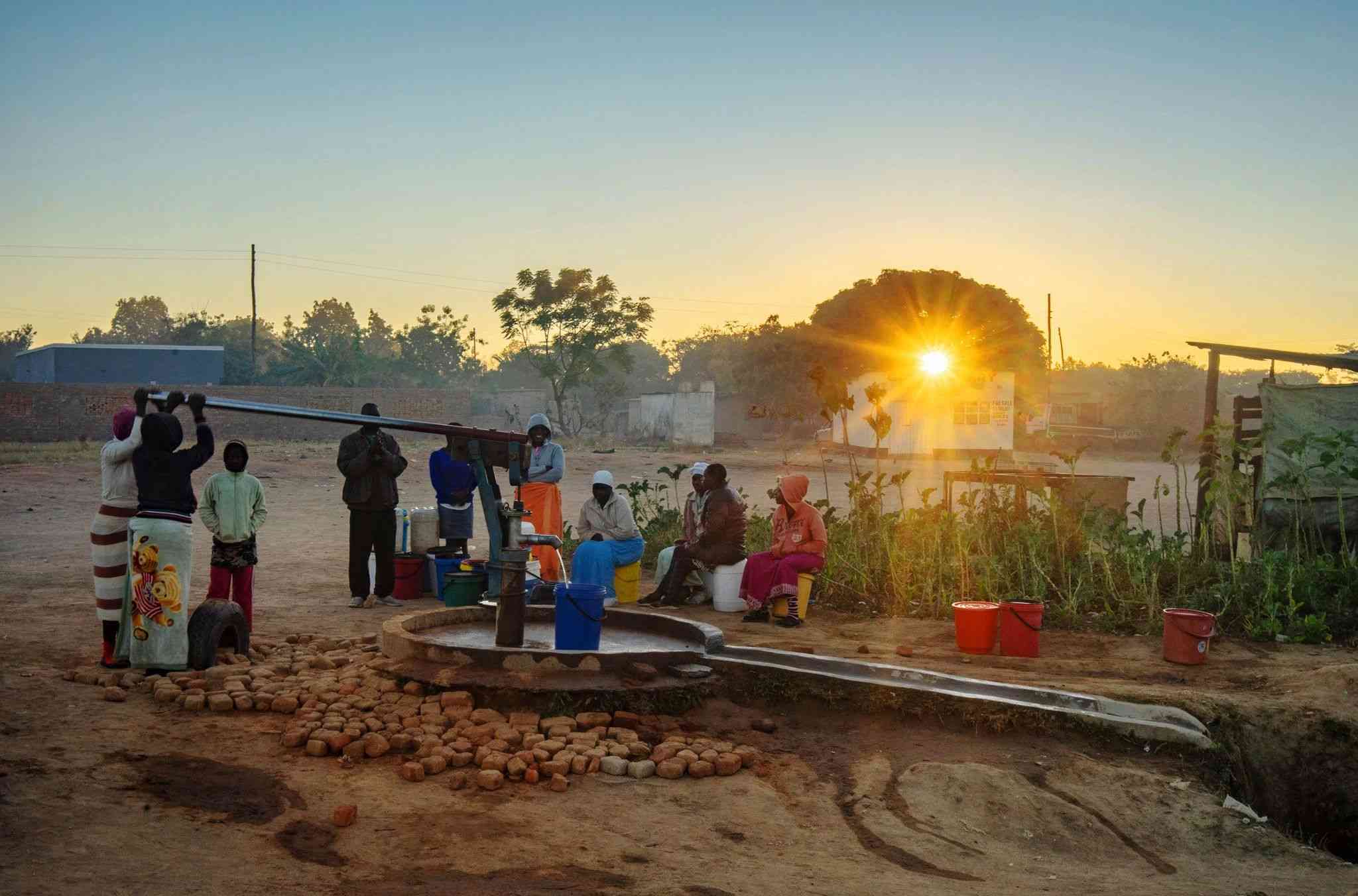
THE escalating water crisis in Bulawayo is baffling the city fathers who have sought clarification and updates on the plans to draw water from Lake Cunningham in Filabusi, Matabeleland South province.
Zimbabwe’s second largest city is currently implementing a severe water-shedding programme in an effort to save the precious liquid until the next rainy season.
The council recently announced an initiative for the construction of Glass Block Dam in Filabusi in an effort to avert the water crisis, which is blamed on various factors such as drought and increased population in the city.
The central government and council have also been blamed for the critical water shortages after failing to build more dams in line with the increasing rural-urban migration.
As the water situation worsens, some suburbs such as parts of Cowdray Park have no water connection, while other areas have challenges in getting supplies despite being close to the city’s water systems.
Glass Block Dam is expected to augment Bulawayo’s current six water supply dams, namely Insiza Mayfair, Inyankuni, Upper Ncema, Lower Ncema, Umzingwane and Mtshabeni.
The council has since decommissioned Umzingwane Dam due to lower water levels, while Upper Ncema is set to be decommissioned soon.
According to the latest council report on future water supplies and the water action committee, the council resolved that the report of the Future Water Supplies and Water Action Committee be received and the various recommendations contained therein be adopted with the exception of the under mentioned items which be dealt with.
- Revisiting Majaivana’s last show… ‘We made huge losses’
- Edutainment mix: The nexus of music and cultural identity
- ChiTown acting mayor blocks election
- Promoter Mdu 3D defends foreigners 30 minute set
Keep Reading
“Water demand was increasing in Cowdray Park and the supply system was not matching the demand. Most of the areas did not have water at all. Residents had resorted to using unprotected wells. Some of these water sources were contaminated,” the report reads .
The report further indicated that the water action committee was asked to make evaluation or comparison on costs of hiring private water bowsers to repair of council bowsers.
“There was a study which had been done some time ago with regards to pumping of water from Lake Cunningham to Ncema Waterworks. Up to now, nothing had been done.
“A central government water consultant engineer Paul Kruger had also presented his findings after an effective study of the water situation in the city. None of his findings and recommendations had been implemented.
“Another source of water, Bopoma Dam, was said to be awaiting documentation. This had taken too long. Residents were now raising concerns about the declining water service delivery.”
The report stated that the previous rainy season was very bad and little rains had been received.
It indicated that it was becoming clear that the upcoming 2024 dry season would be a very difficult period coupled with the decommissioning of a number of supply dams.
Councillors urged the local authority to prioritise mitigatory measures in saving the available water.
“A lot of leaks had not been attended to and repaired. The pipe inspector’s vehicle was off the road awaiting repairs. This vehicle was very critical in service delivery. The pipe inspector should have been allocated a new vehicle for efficiency, especially during these times of crisis,” the report read.
“Repairs of the current vehicle should be expedited. Again, it was worrisome that out of seven council water bowsers, only three were operational. Council had continued to hire private water bowsers, which could cost more than repairing the broken down water bowsers.”
Indications were that a non-governmental organisation, Africa Ahead, had drilled a borehole in ward 25 and had left it incomplete.
“Residents had purchased Jojo tanks to complete the project and also complement council’s efforts in water service delivery. Councillor Mxolisi Mahlangu noted that a number of challenges in the water reticulation system emanated when water supplies were restored. Water came with pressure, which caused pipe bursts,” the report read.
“A lot of clean water was lost. Council plumbers took a long time to attend to such situations. He then made reference to an incident which happened in ward 3. A report was made and the pipe burst was not attended to up to the following week.”
There were also indications that clean water was lost being lost as a result.
Mahlangu called on council to prioritise the repairs and reactions to pipe bursts to save the little water remaining in dams.







